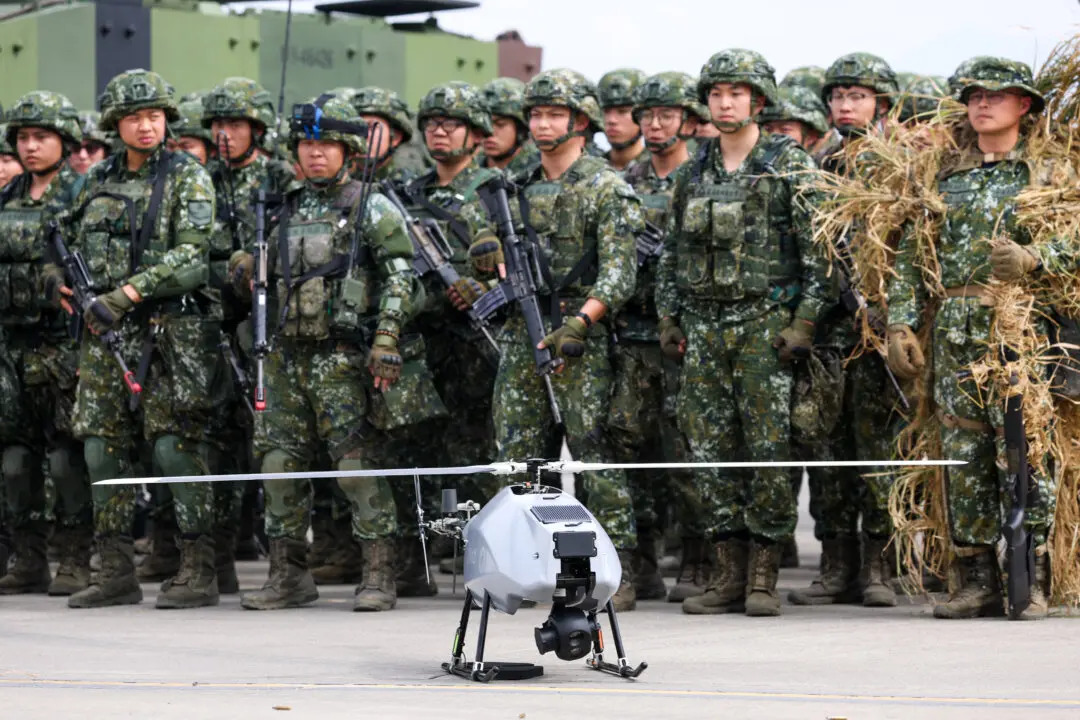Russia is strongly questioning a railway project that it previously agreed to build with China.
The proposed Moscow–Kazan high-speed railway—more than 700 kilometers (435 miles) in length going from Russia’s capital to Kazan, Tatarstan, in one of Russia’s autonomous states—is considered a significant part of Beijing’s ambitions to build global trade routes.
The railway will pass through several Russian cities, including Vladimir, Nizhny Novgorod, and Cheboksary.
But Anton Siluanov, Russia’s finance minister and first deputy prime minister, recently expressed his skepticism of the project, saying that he believes it isn’t economically feasible, according to a Dec. 25 article by Russian daily newspaper Kommersant.
Siluanov said this kind of project is usually built in areas with a large populace. However, the cities where the proposed rail will pass through have populations slightly over a million—far smaller than major cities such as St. Petersburg, with almost five million people.
Another reason that the project makes no economic sense is that there are existing air travel options between Moscow and Kazan that would be faster than any high-speed rail between the two cities, Siluanov said.
Moscow–Kazan Rail
The Moscow–Kazan line is part of an ambitious transnational railway of more than 7,000 kilometers (4,350 miles) connecting Moscow and Beijing, with Russian media estimating that the total cost of building such a rail will be about 7 trillion rubles (about $100 billion).
Currently, there is an existing conventional railway linking Beijing and Kazan, and Kazan with Moscow. But while it currently takes 14 hours to travel between Moscow and Kazan, the proposed high-speed rail will cut the trip to about 3.5 hours. The Kazan-to-Beijing rail currently takes more than 4 days for the trip; the proposed high-speed rail from Beijing to Moscow would make the entire trip in just 2 days.
According to the Russian magazine Russia Briefing, the high-speed rail will go through Mongolia’s capital, Ulaanbaatar, connect to the Siberian cities of Chita, Irkutsk, and Ulan-Ude, then Kazan and Moscow. The rail will be part of a transportation system that links to railways leading to Europe.
Siluanov said that it would be unprofitable to use the proposed rail to transport goods to and from China, compared to transportation by sea or conventional railway.
The idea to build a Moscow–Kazan high-speed rail was first suggested by Russian President Vladimir Putin in 2013, with the goal of completing the rail by 2018, when Kazan, among a number of other Russian cities, was slated to host the 2018 FIFA World Cup. Soccer fans could take the rail to see games at Kazan, according to Russian media. However, the line wasn’t built in time.
According to the official website of the Council under the President of the Russian Federation, a state consultative agency, Russia had troubling securing financing to pay for the project. Eventually, Russia determined that the project was only viable with Chinese funding—the rail being built as part of China’s Eurasia project to built up land transportation links between China and Europe.
The Eurasia project is part of China’s One Belt, One Road (OBOR, also known as Belt and Road) initiative, an aggressive plan to build up trade routes linking China, Southeast Asia, Africa, Europe, and Latin America. For Beijing, it’s also an exercise to bolster geopolitical influence through financing infrastructure projects in over 60 countries.
The Moscow-Kazan rail effort advanced when Chinese Premier Li Keqiang and then-Russian Prime Minister Dmitry Medvedev signed a memorandum of cooperation in October 2014 to build the railway, according to the official website of China’s State Council.
In 2015, the Moscow–Kazan line became part of China’s official policy when the National Development and Reform Commission, Ministry of Foreign Affairs, and Ministry of Commerce published updated plans under OBOR. The plans listed a set of measures and targets for different regions within China to undertake. The goal for Beijing was to build up a “high-speed transportation corridor linking Beijing and Moscow,” constructing an “important window to the North.”
According to Russian online news site Realnoe Vremya, construction was set to begin in 2018 and be completed by 2024, but work on the project hadn’t begun as of early December. Meanwhile, the cost to build the Moscow–Kazan rail has risen to nearly 1.7 trillion rubles (about $24.5 billion) from the initial estimate of 1 trillion rubles (about $14.4 billion).
The rail is currently being developed by JSC High-Speed Rail Lines, a subsidiary of Russia’s state-owned JSC Russian Railways.
As for financing the project, the Russian news agency TASS, in an article published in August 2017, reported that China had agreed to provide a 400 billion ruble loan ($5.7 billion) over 20 years.





